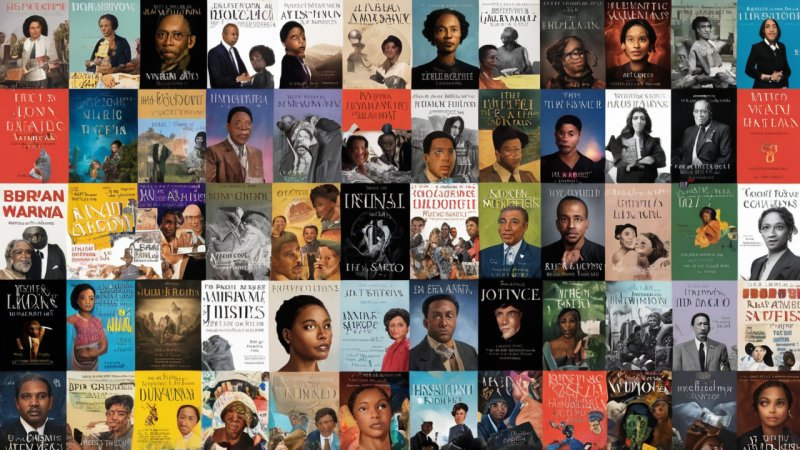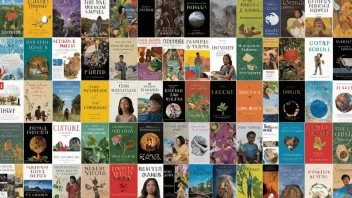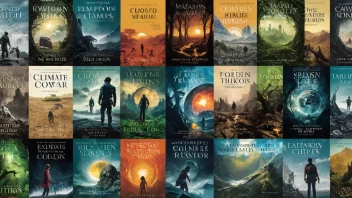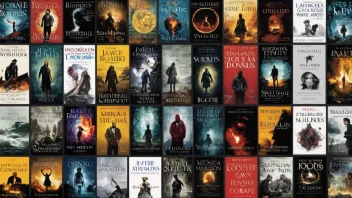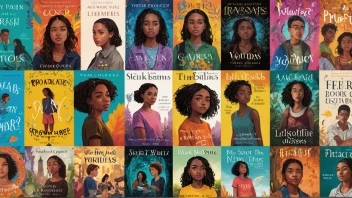What is non-fiction literature?
Non-fiction literature encompasses works that are based on real events, people, and facts. It includes genres such as biographies, memoirs, essays, journalism, and historical accounts. Unlike fiction, which is derived from imagination, non-fiction strives to present information that is factual and often aims to educate or inform readers.
How does non-fiction influence public opinion?
Non-fiction plays a critical role in shaping public opinion by providing insights into various issues, events, and societal norms. Through well-researched articles, documentaries, and books, non-fiction can highlight injustices, inform citizens about political matters, and influence perceptions on social issues. Authors of non-fiction often take a stand on particular viewpoints, effectively persuading readers to consider their perspectives.
Can you give examples of influential non-fiction works?
- “Silent Spring” by Rachel Carson - This groundbreaking work raised awareness about environmental issues and led to the modern environmental movement.
- “The Feminine Mystique” by Betty Friedan - A pivotal text that sparked discussions about women's rights and gender roles.
- “The Diary of a Young Girl” by Anne Frank - A poignant memoir that humanized the Holocaust for countless readers.
- “Sapiens: A Brief History of Humankind” by Yuval Noah Harari - This book provides a sweeping overview of human history, prompting readers to reflect on our species' journey.
Why is it important to read non-fiction?
Reading non-fiction is essential for several reasons:
- Knowledge Acquisition: Non-fiction provides factual information that can enhance your understanding of the world.
- Critical Thinking: Engaging with real-world issues encourages analytical thinking and helps readers evaluate different viewpoints.
- Awareness: Non-fiction can illuminate societal problems and inspire action, making readers more informed citizens.
- Personal Growth: Many non-fiction works offer insights into personal development, helping readers grow on a personal and professional level.
How can non-fiction be more engaging?
While non-fiction is often associated with dry facts, there are many ways authors can make it more engaging:
- Narrative Style: Using storytelling techniques can draw readers in and make facts resonate on an emotional level.
- Visual Elements: Incorporating infographics, photos, and illustrations can enhance the reading experience.
- Personal Anecdotes: Sharing personal experiences can make the subject matter more relatable and impactful.
- Interactive Content: Including questions, exercises, or prompts can encourage active engagement with the material.
What are some current trends in non-fiction literature?
Current trends in non-fiction include:
- Memoirs and Personal Narratives: Readers are increasingly drawn to authentic stories that reflect personal struggles and triumphs.
- Social Justice and Activism: Books addressing topics like race, gender, and environmental issues are gaining traction.
- Science and Technology: Works that demystify complex scientific concepts or explore technological advancements are popular.
- Self-Help and Wellness: There is a growing market for books focused on mental health, mindfulness, and personal improvement.
